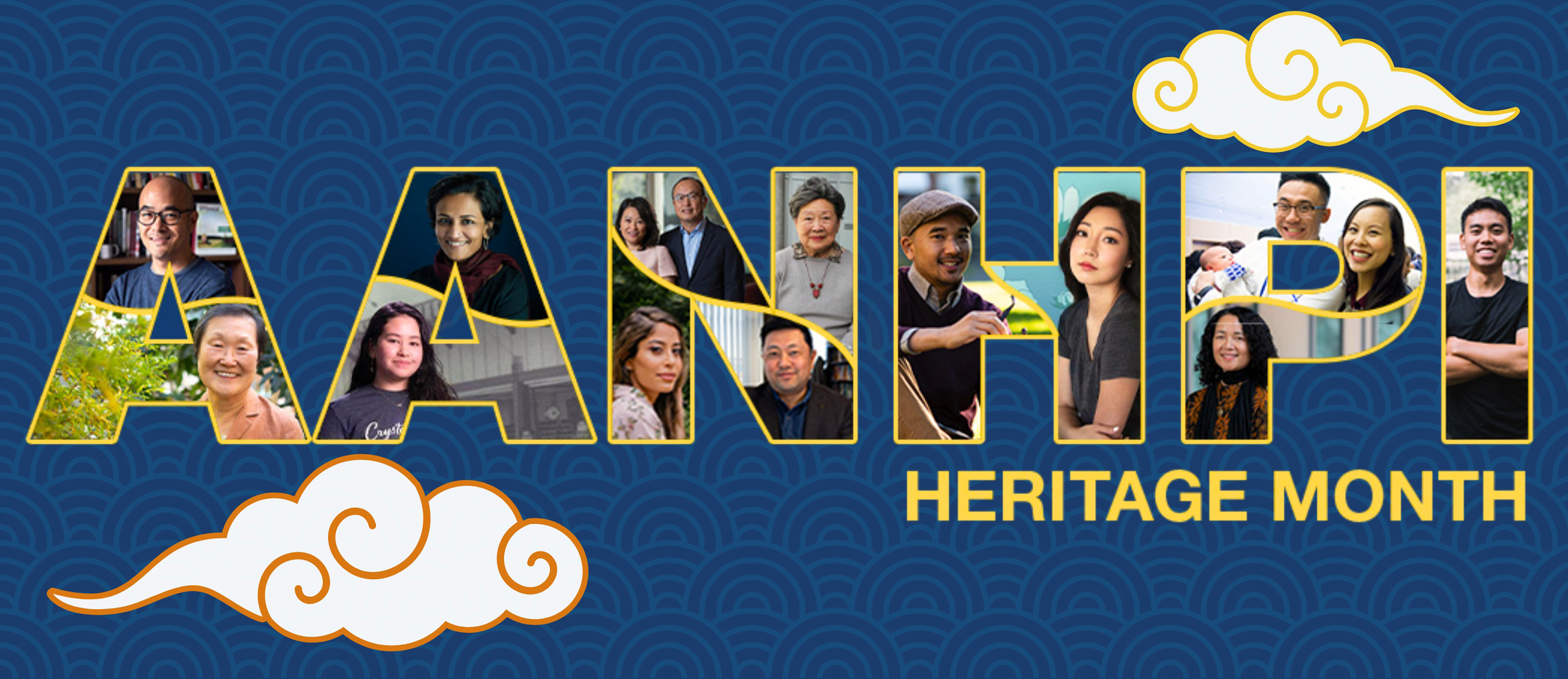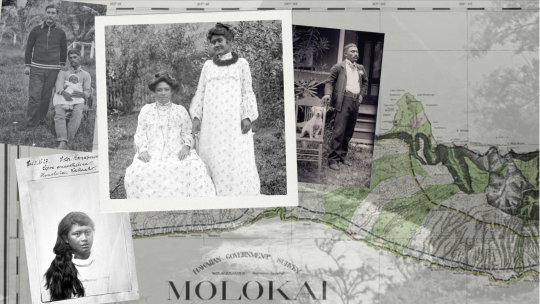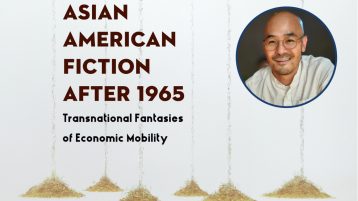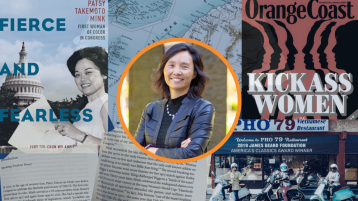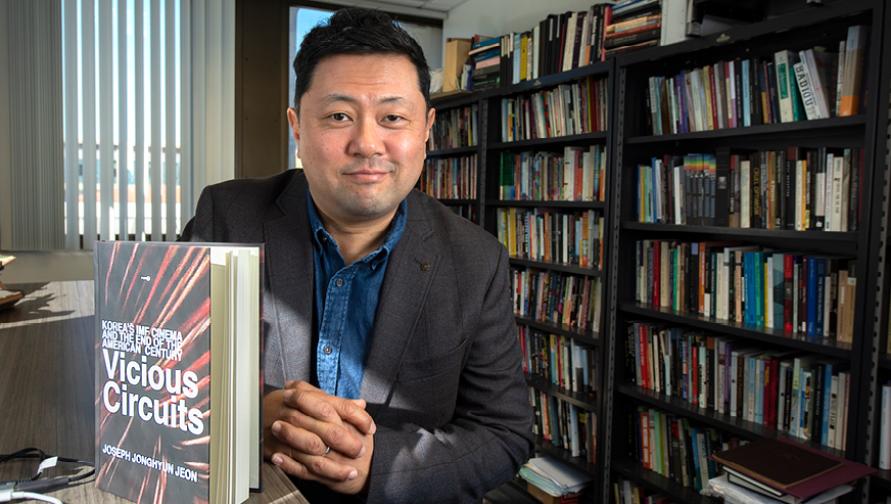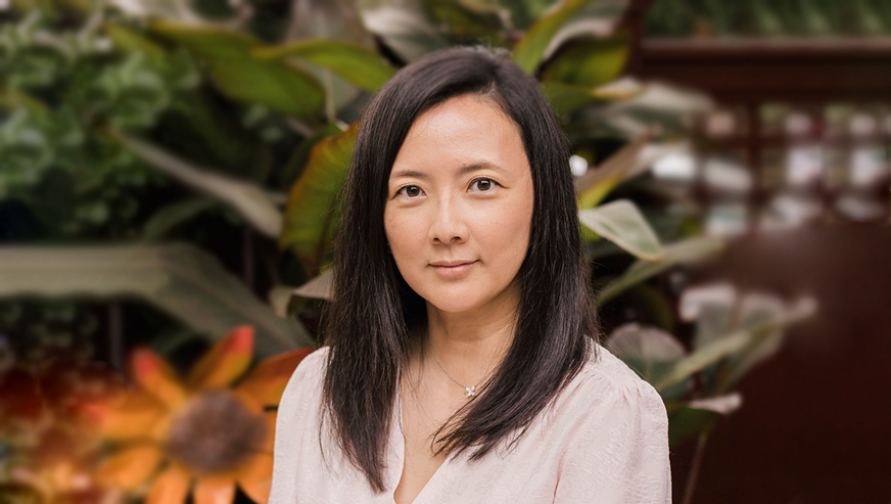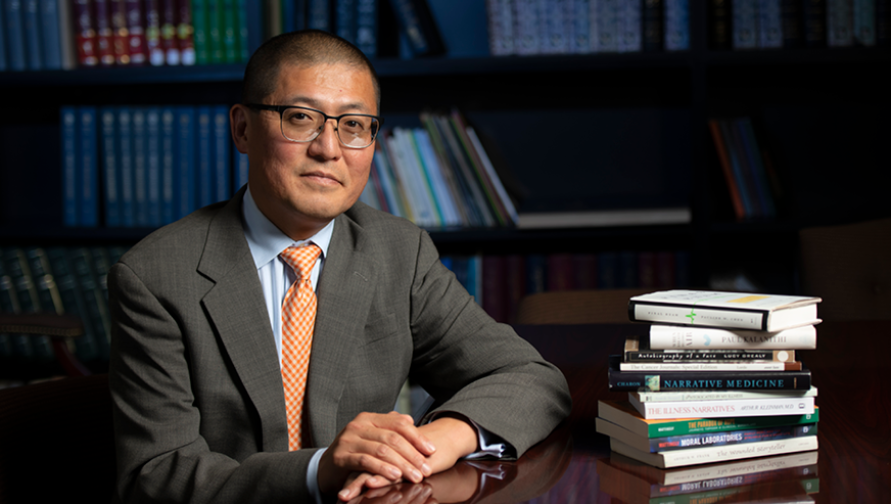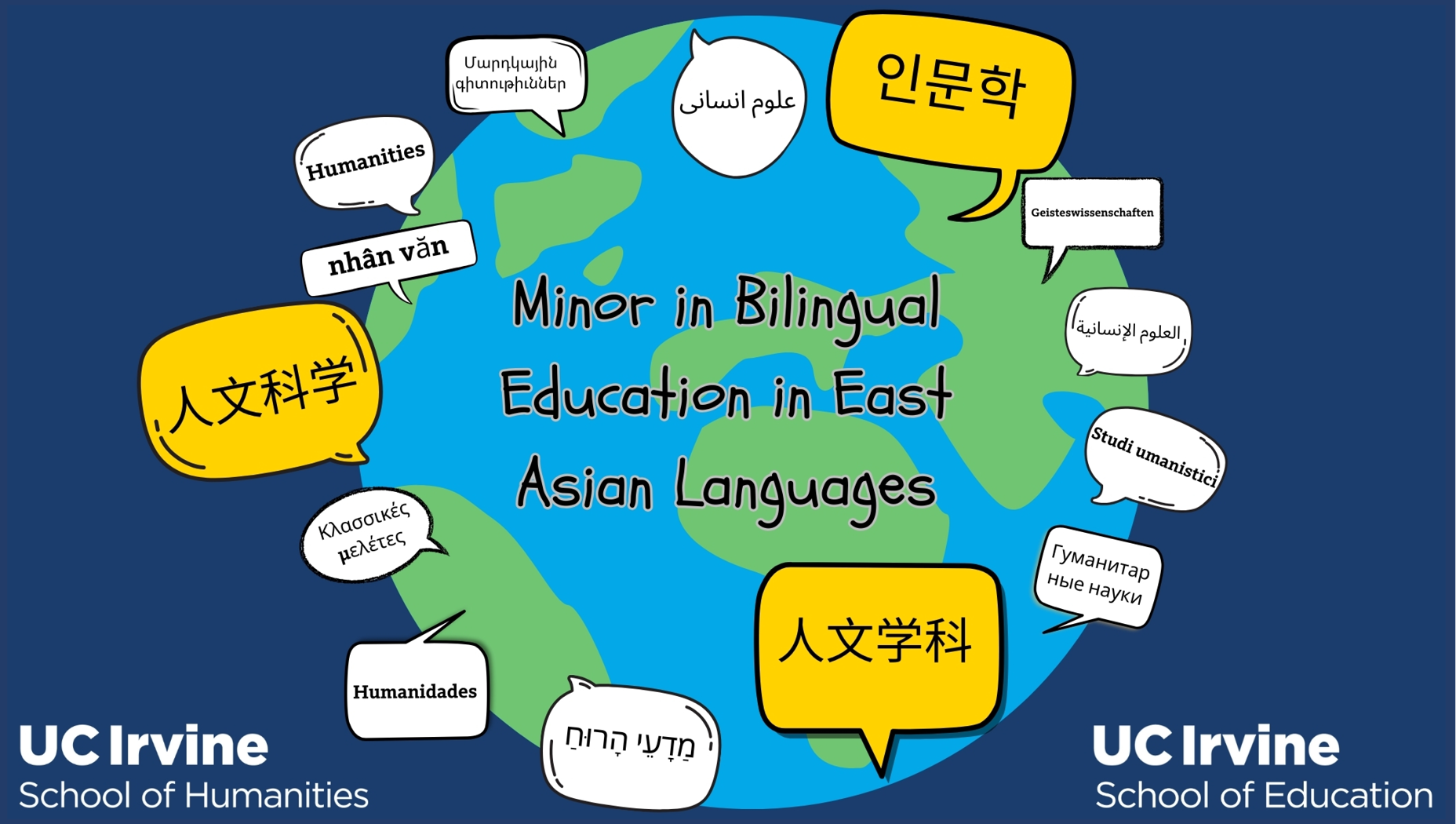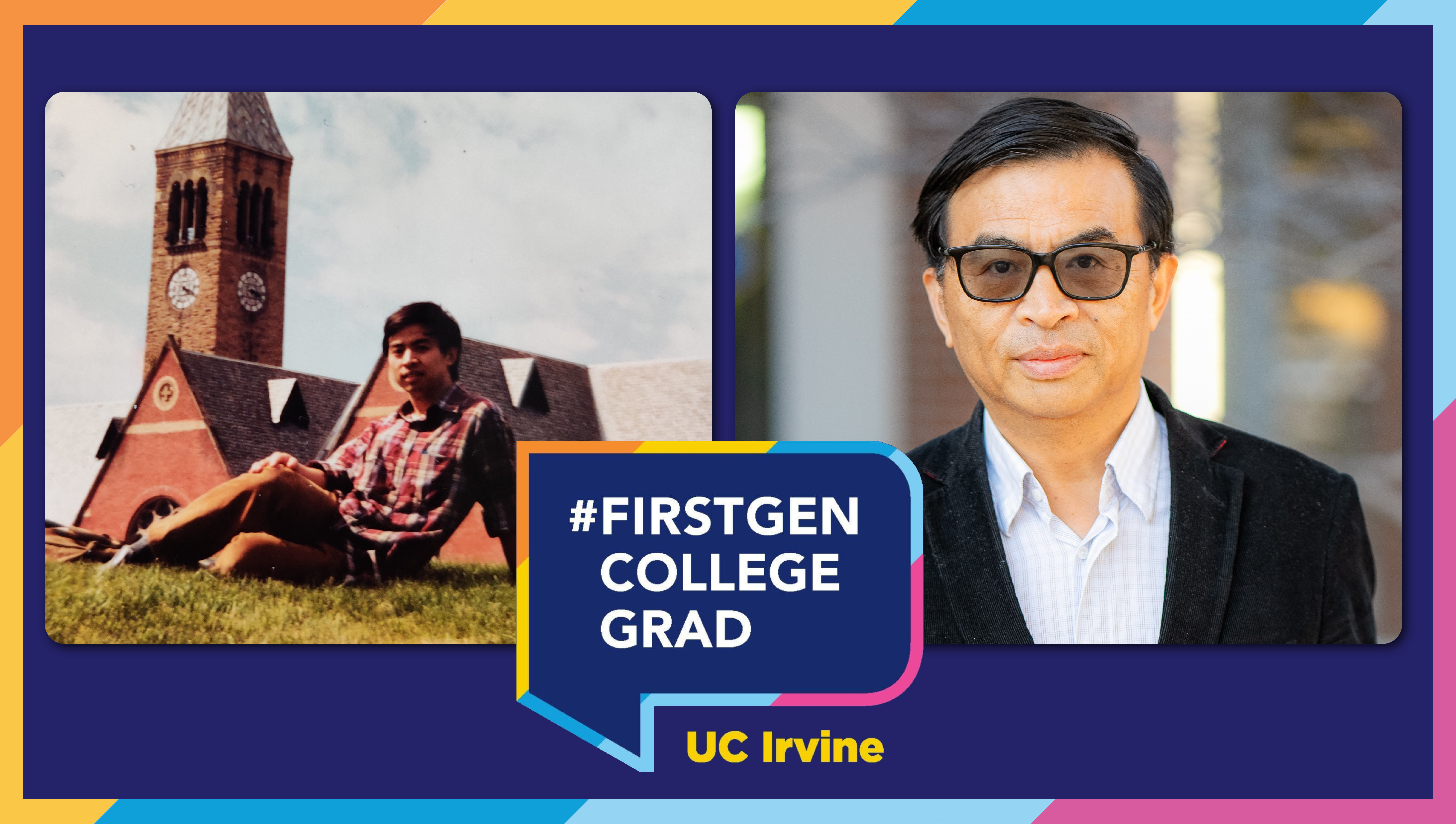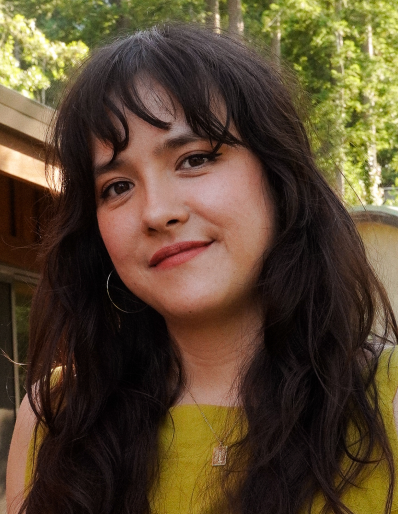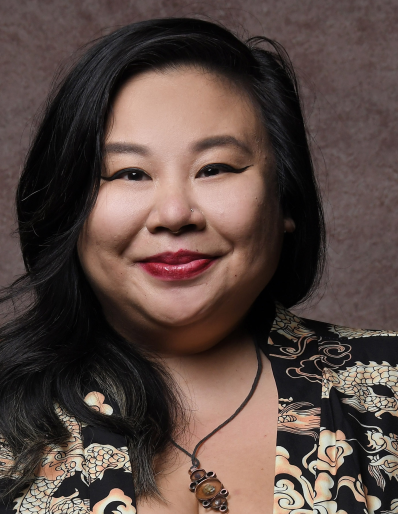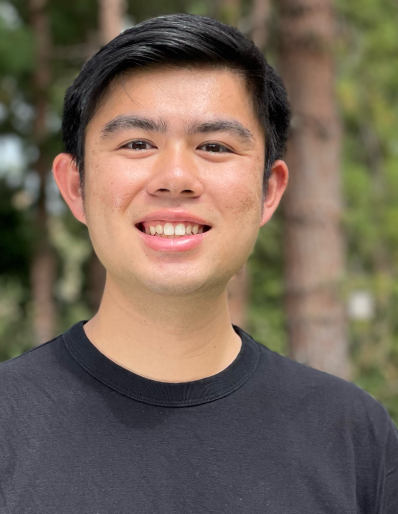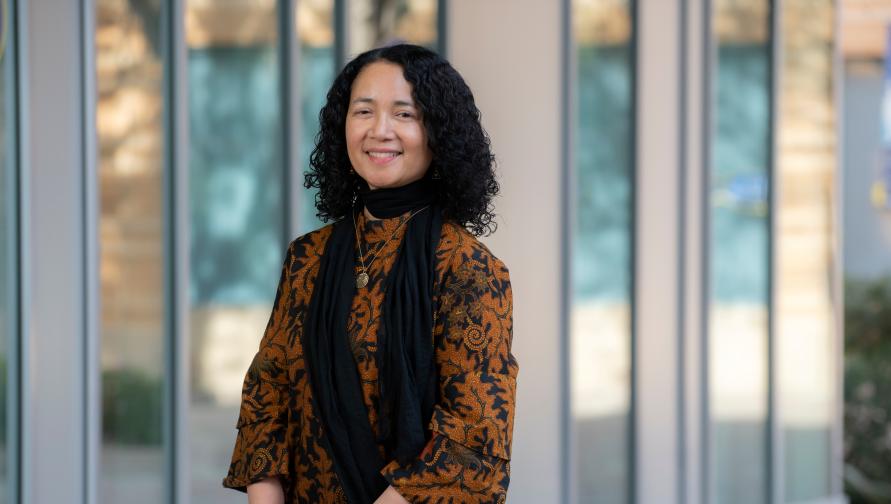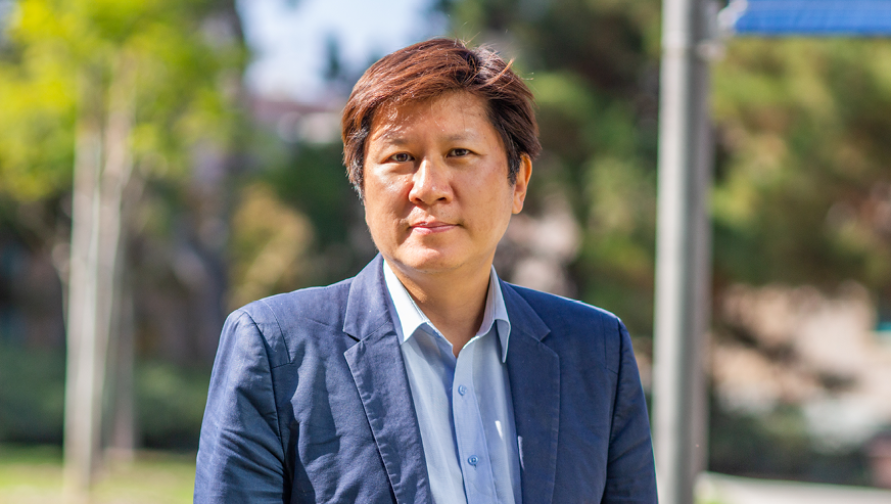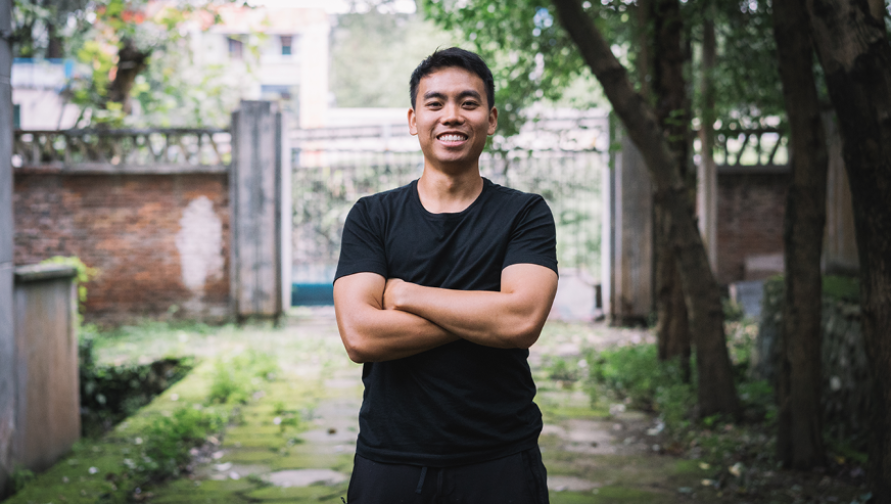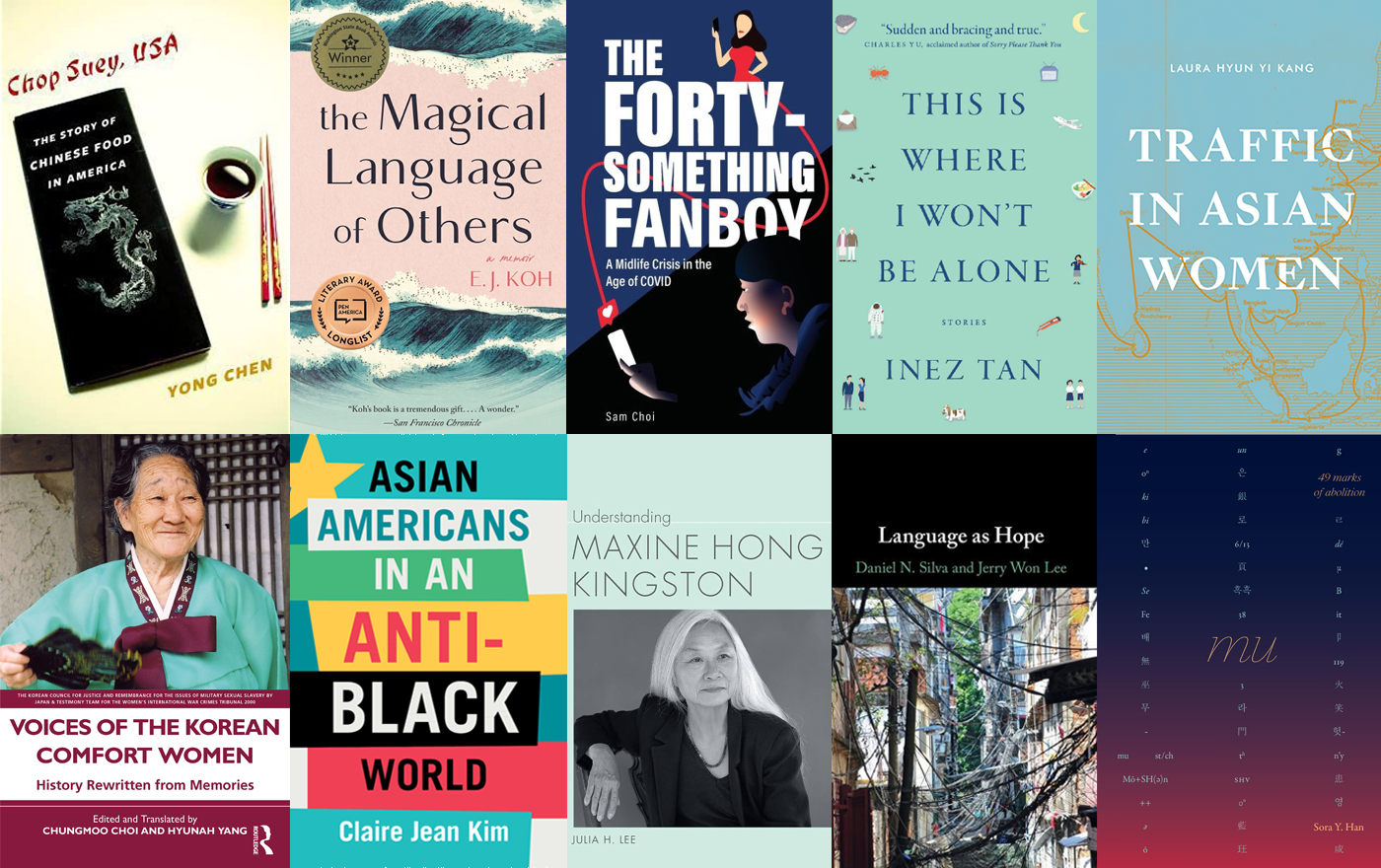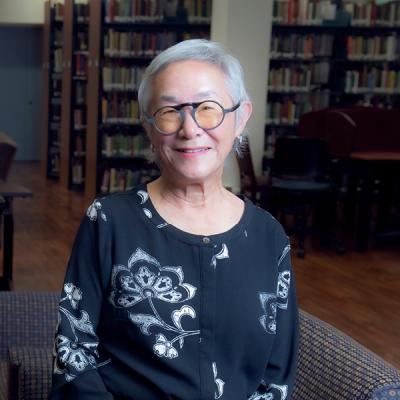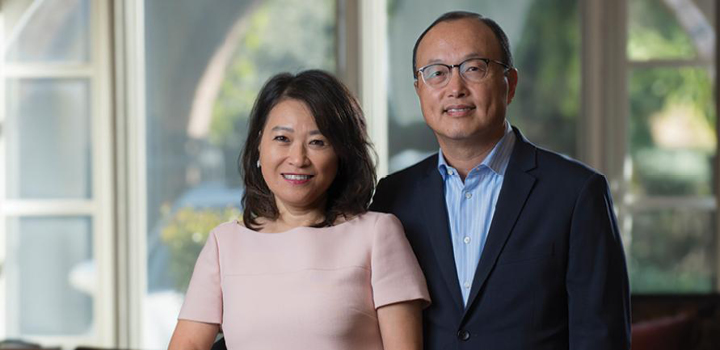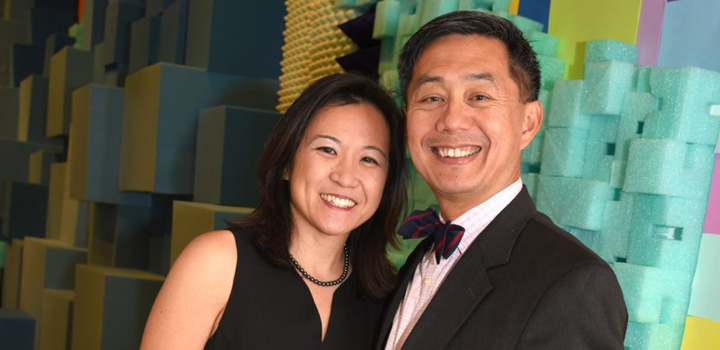AANAPISI: What does this string of letters mean? How do you pronounce it? How is this relevant for UC Irvine and the School of Humanities?
AANAPISI (Anna-peasy) stands for Asian American and Native American Pacific Islander-Serving Institution. The Native American in this acronym is an adjective rather than a noun; it refers to Indigenous Pacific Islanders.
UC Irvine established eligibility as an AANAPISI in winter 2016. To receive this federal designation, universities must have a certain percentage of Asian American and Pacific Islander (AAPI) students - at least 10% - and must meet other requirements related to the enrollment of low-income students. Becoming an AANAPISI allows UCI to apply for federal and private funding to better serve AAPI students as well as other students who may not identify with these backgrounds but could benefit from these initiatives. Being an AANAPISI is a statement about the mission and aspirations of UCI to serve AAPI and other represented students.
Other designations of higher education that indicate an institution is a minority serving institution, or MSI, might be more familiar. HBCU refers to Historically Black Colleges and Universities. Tribal Colleges and Universities (TCUs) are associated with American Indian and Native Alaskan tribes. UC Irvine became an HSI (Hispanic Serving Institution) in winter 2017.
AANAPISI may be less recognizable because of the widespread assumptions of Asian Americans as a model minority, a racial group that succeeds in the educational and economic realms due to hard work, cultural values and, most importantly, not through activism and protest. Various scholars have debated when this racial representation emerged. One of the origin points occurred in the mid-1960s, when Asian Americans (specifically Chinese and Japanese Americans) were held up as counterexamples to African Americans engaging in civil rights protest. The juxtaposition has been critiqued by scholars and community activists as a political manipulation that pitted Asian Americans against African Americans.
At UC Irvine, Asian Americans constituted just over one third of the undergraduate students (nearly 10,000) and about 16% of graduate students (almost 1,000) enrolled in Fall 2021. But our numbers of Pacific Islanders are shockingly low (51 undergraduates and 9 graduate students). In addition, the category of Asian American encompasses a variety of ethnic/cultural groups that have distinct histories and experiences in the U.S. Most notably, some Southeast Asian Americans are commonly connected to refugee migration that stemmed from the U.S. war in Viet Nam. Undocumented immigrants from Asia have been the fastest-growing undocumented group, reflecting the fact that Asian Americans overall have been the fastest-growing racial/ethnic group in the U.S. for several decades. So, how might UCI and the School of Humanities serve these students?
First, it is important to disaggregate data to consider the unique experiences of and potential educational challenges that diverse students within the AAPI category might face.
Second, it is crucial to offer educational opportunities (courses, internships, research projects) that make visible and help us understand diverse Asian American Pacific Islander experiences. Some examples of student-centered projects that I have initiated in partnership with other faculty and staff include:
- Learning From Our AAPI Elders (a project inspired by the 150th-anniversary of Santa Ana)
- Sharing Comfort and Care (an inter-generational storymapping and recipe project that focuses on Cambodian and Pacific Islander communities)
- Visualizing Our Identities and Cultures for Empowerment (a photovoice project to document and share the experiences of COVID-19 pandemic on the Asian American and Pacific Islander communities)
- Kwentuhan: Filipino Americans in Orange County and Beyond Oral History Project, spearheaded by Professor Dorothy Fujita-Rony
Third, as these projects reveal, leveraging our location in Orange County, which has one of the largest populations of AAPI residents in the country, is a crucial asset for UC Irvine. Our campus has the potential to partner with community-based organizations and leaders to identify pressing community needs and utilize the research capacity of our university to analyze and address these needs. Providing these opportunities for community-engaged research for UCI students, in particular humanities students, provides avenues for developing professional contacts as well as career and educational pathways. This idea inspired the recent Humanities Center-UCI Libraries TEACH collaboration (Transforming Education, Archives and Community History). Through the support of an Anteater Grant Initiative, as well as funding from the Chancellor’s Fellowship and the Schools of Humanities, Pharmacy and Pharmaceutical Sciences, and Social Sciences, ten UCI students worked with community-based organizations (the OC LGBTQ Center, Pacific Islander Health Partnership, and VietRise) to create community-centered educational and archival projects.
Finally, UCI can foster new initiatives that will better serve and empower our students. I am currently co-chairing a taskforce to propose an APIDA (Asian Pacific Islander Desi American) Resource Center. I am also in planning discussions with various campus and community partners on an AANAPISI grant proposal and a summer Pacific Islander leadership institute program. We seek to transform UC Irvine into a destination campus for Pacific Islander students and to create programs that support their educational journey. In addition, I am serving as the director of the new Center for Liberation, Anti-Racism and Belonging (C-LAB), which will foster comparative and relational analyses of race, Indigeneity and migration. Based in the School of Humanities but with aspirations of becoming a campus-wide center, we envision C-LAB as working towards the mission of a research justice university, one in which research questions, methodologies and dissemination methods help us work towards social justice. The Center seeks to involve faculty, graduate students as well as undergraduates, staff, and community partners.
I relish working at UC Irvine, because it is an educational institution that honors the mission of a public education. We are not trying to reinforce ivory towers but instead to open doors. Being an AANAPISI reminds us of our aspirations to bring together research excellence and social inclusion – in other words, to work towards research justice.
Judy Tzu-Chun Wu
Professor of Asian American studies
Faculty director of the Humanities Center

